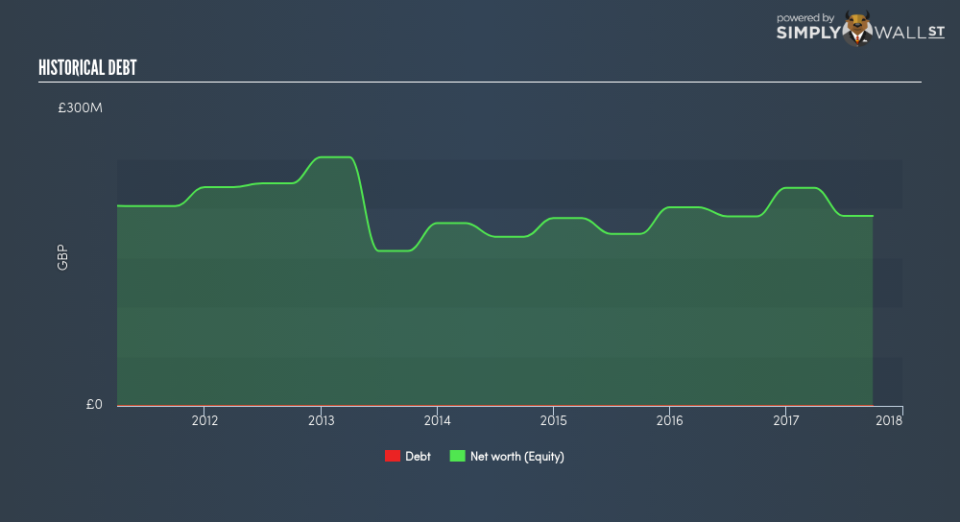Is AVEVA Group plc Prior to Reverse Merger with Schneider Electric Software Business’s (LON:AVV) Liquidity Good Enough?

Small-cap and large-cap companies receive a lot of attention from investors, but mid-cap stocks like AVEVA Group plc Prior to Reverse Merger with Schneider Electric Software Business (LON:AVV), with a market cap of UK£3.28b, are often out of the spotlight. Despite this, commonly overlooked mid-caps have historically produced better risk-adjusted returns than their small and large-cap counterparts. Today we will look at AVV’s financial liquidity and debt levels, which are strong indicators for whether the company can weather economic downturns or fund strategic acquisitions for future growth. Don’t forget that this is a general and concentrated examination of AVEVA Group Prior to Reverse Merger with Schneider Electric Software Business’s financial health, so you should conduct further analysis into AVV here. View out our latest analysis for AVEVA Group Prior to Reverse Merger with Schneider Electric Software Business
Does AVV face the risk of succumbing to its debt-load?
What is considered a high debt-to-equity ratio differs depending on the industry, because some industries tend to utilize more debt financing than others. A ratio below 40% for mid-cap stocks is considered as financially healthy, as a rule of thumb. For AVEVA Group Prior to Reverse Merger with Schneider Electric Software Business, investors should not worry about its debt levels because the company has none! It has been operating its business with zero debt and utilising only its equity capital. Investors’ risk associated with debt is virtually non-existent with AVV, and the company has plenty of headroom and ability to raise debt should it need to in the future.
Can AVV meet its short-term obligations with the cash in hand?
Given zero long-term debt on its balance sheet, AVEVA Group Prior to Reverse Merger with Schneider Electric Software Business has no solvency issues, which is used to describe the company’s ability to meet its long-term obligations. However, another measure of financial health is its short-term obligations, which is known as liquidity. These include payments to suppliers, employees and other stakeholders. Looking at AVV’s most recent UK£89.83m liabilities, it appears that the company has maintained a safe level of current assets to meet its obligations, with the current ratio last standing at 2.54x. For Software companies, this ratio is within a sensible range as there’s enough of a cash buffer without holding too capital in low return investments.
Next Steps:
AVV has no debt as well as ample cash to cover its near-term liabilities. Its safe operations reduces risk for the company and shareholders, but some level of debt could also ramp up earnings growth and operational efficiency. This is only a rough assessment of financial health, and I’m sure AVV has company-specific issues impacting its capital structure decisions. I recommend you continue to research AVEVA Group Prior to Reverse Merger with Schneider Electric Software Business to get a more holistic view of the stock by looking at:
Future Outlook: What are well-informed industry analysts predicting for AVV’s future growth? Take a look at our free research report of analyst consensus for AVV’s outlook.
Valuation: What is AVV worth today? Is the stock undervalued, even when its growth outlook is factored into its intrinsic value? The intrinsic value infographic in our free research report helps visualize whether AVV is currently mispriced by the market.
Other High-Performing Stocks: Are there other stocks that provide better prospects with proven track records? Explore our free list of these great stocks here.
To help readers see pass the short term volatility of the financial market, we aim to bring you a long-term focused research analysis purely driven by fundamental data. Note that our analysis does not factor in the latest price sensitive company announcements.
The author is an independent contributor and at the time of publication had no position in the stocks mentioned.

 Yahoo Finance
Yahoo Finance 
